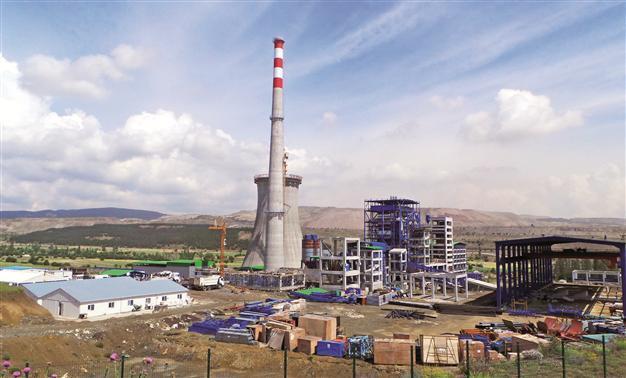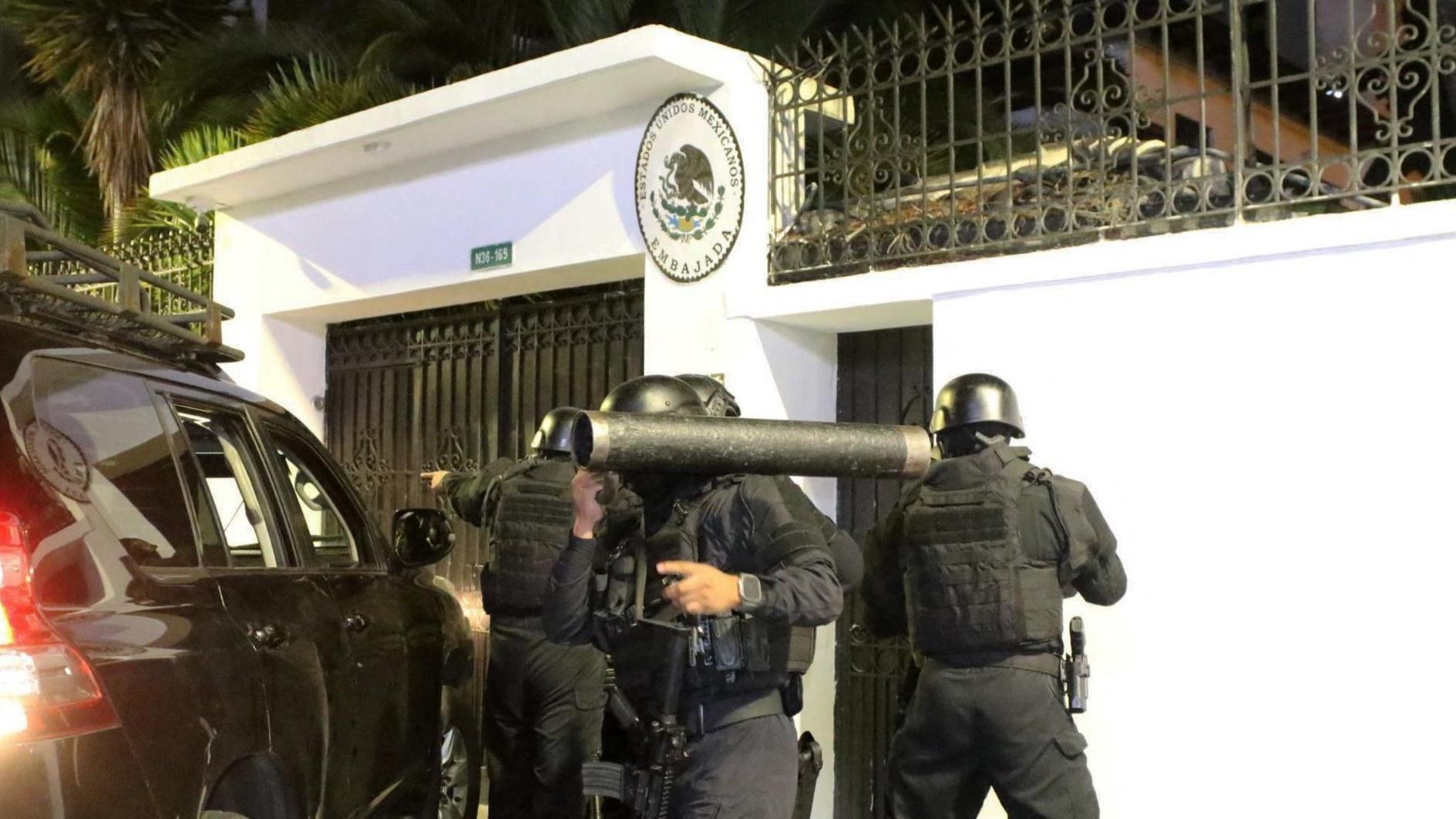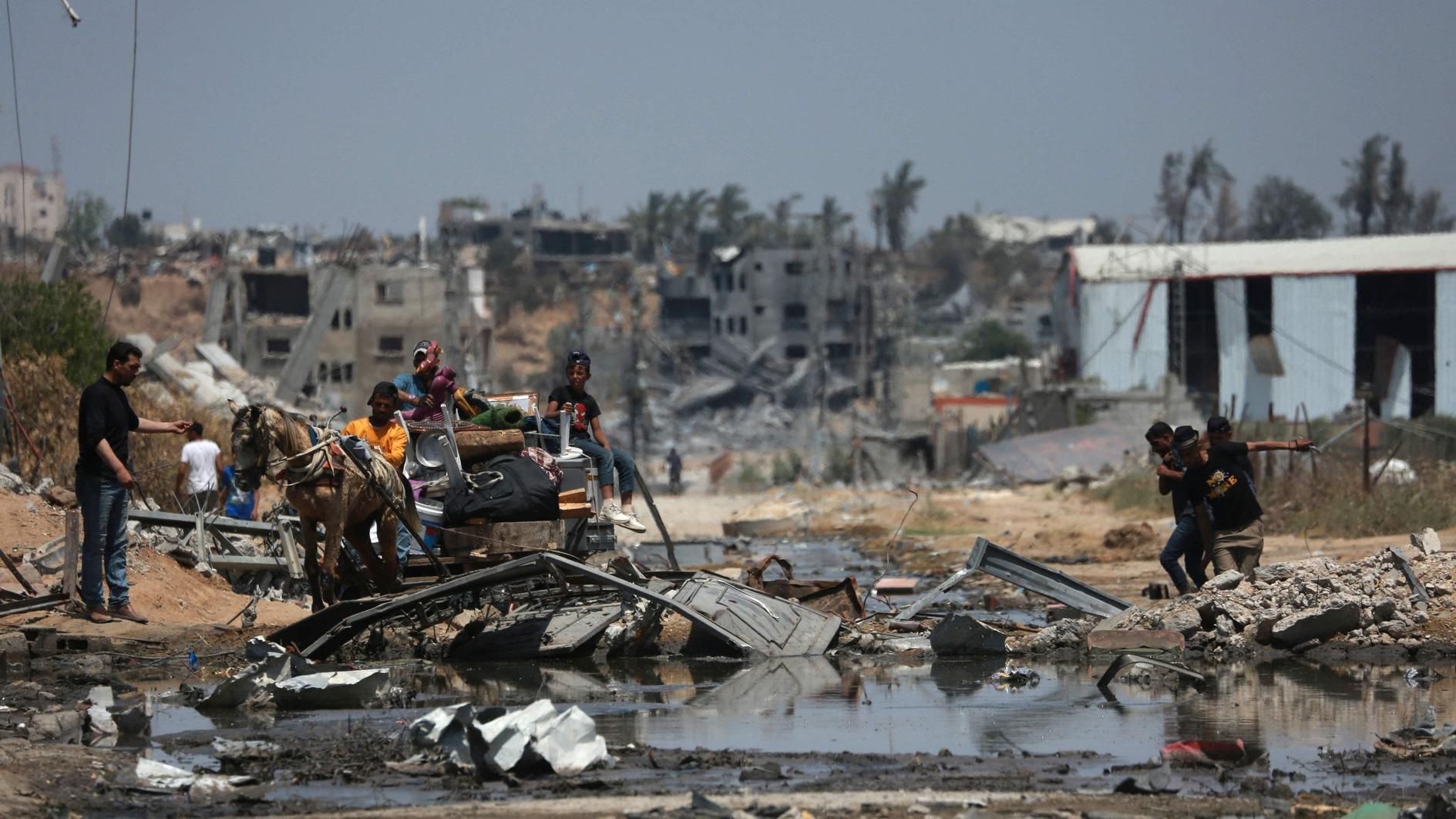New chapter may pave way for energy chapter
ISTANBUL - Anadolu Agency

Turkey has begun an energy liberalization based on the EU regulations. AA photo
The European Union’s approval to open Chapter 22, regional policy and coordination of structural instruments, may lead to negotiations on the energy chapter, according to the energy analysts referring to the country’s recent legal regulations aimed at liberalizing the energy market and the union’s pursuit of diversifying energy resources.“Turkey, even though it did not become a member of the European Union, has launched an energy liberalization process based on the EU’s legal regulations. The supreme institutions, like the Energy Market Regulatory Authority (EPDK) founded in 2001, were established as a part of the process,” said Fuat Celepci, the General Manager of Zorlu Energy’s Natural Gas Department, today.
Turkish Energy Minister Taner Yıldız said in April that they wanted to raise the private sector’s rate in the energy sector to 75 percent in the medium term. As part of the government’s target, it aims to establish a free energy market in Turkey under the supervision of the public sector.
Celepci recalled the statement in April of Stefan Füle, the European commissioner for enlargement and European neighborhood policy, which said the European Commission thought that Turkey was ready to start negotiations on the energy chapter. “This statement is important as well as late. Because Turkey has made its preparations in order to answer the expectations. Turkey positioned itself as an important energy bridge between East and West and built its strategy in this way,” said Celepci.
Turkey ‘main route’ of energy transfer
However, Celepci said opening the energy chapter with Turkey would be an important step for the EU during a period in which the countries had been discussing how to transfer energy resources from Caspian Sea, Iraq and the eastern Mediterranean to Europe.
Turkey has become the main export route of the energy resources of the Caspian, Iraq and the eastern Mediterranean, Efgan Niftiyev, an expert at the Caspian Strategy Institute (HASEN). Niftiyev added that as the EU eyed diversifying suppliers and the routes in natural gas imports in the framework of the 2020 vision, the energy resources that would come through Turkey were vital for the union.
Also, Celepci stressed that the future targets in energy of both sides were similar. While the EU aims to have an installed power capacity of which 20 percent will be made up of renewable energy by 2020, Turkey aims to raise its renewable energy capacity to 30 percent by 2023.
















